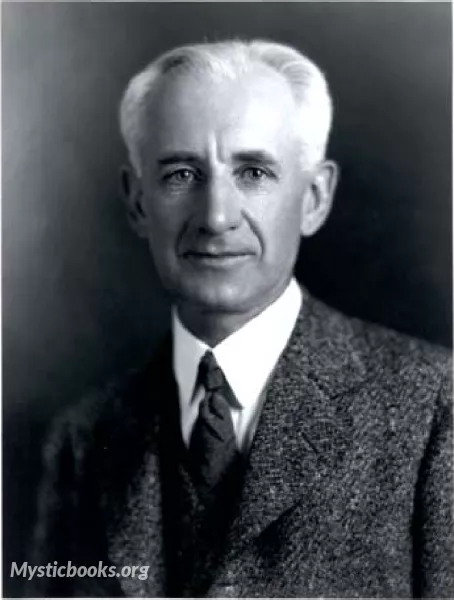
Timeline
Title
Country/Nationality
Robert Mearns Yerkes
Robert Mearns Yerkes (1876-1956) was a pioneering American psychologist who is best known for his work on animal intelligence, comparative psychology, and human intelligence testing. He was also a leading figure in the development of psychometrics and the use of psychology in the military during World War I.
What were his principles?
Yerkes's work was guided by a number of principles, including:
- The importance of empirical research: Yerkes believed that psychological knowledge should be based on scientific observation and experimentation.
- The interconnectedness of human and animal behavior: Yerkes believed that studying animal behavior could provide insights into human behavior.
- The importance of individual differences: Yerkes recognized that people vary widely in their abilities and characteristics.
- The potential of psychology to improve human lives: Yerkes believed that psychology could be used to solve a variety of social and practical problems.
What was he famous for?
Yerkes is famous for a number of contributions to psychology, including:
- His pioneering research on animal intelligence: Yerkes conducted extensive research on the intelligence of chimpanzees, gorillas, and other animals. His work helped to establish that animals are capable of complex cognitive abilities.
- His development of human intelligence tests: Yerkes played a leading role in the development of the Army Alpha and Army Beta tests, which were used to screen millions of recruits during World War I. These tests were some of the first standardized intelligence tests to be developed.
- His leadership of the National Research Council's Committee on Psychological Examination: This committee was responsible for developing psychological tests for the military during World War I. Yerkes's work on this committee helped to establish the field of psychometrics.
Notable works:
- The Mental Life of Monkeys and Apes (1916)
- A Point Scale for Measuring Mental Ability (1915)
- Psychological Examining in the United States Army (1921)
Philosophy:
Yerkes's philosophy was based on the belief that psychology is a scientific discipline that can be used to improve human lives. He was a strong advocate for the use of empirical research to study human behavior. He also believed that psychology should be used to solve social and practical problems.
When did he die and how is he remembered?
Yerkes died in 1956 at the age of 79. He is remembered as one of the most influential psychologists of the 20th century. His work on animal intelligence, comparative psychology, and human intelligence testing helped to shape the field of psychology.
Anything interesting to know about the author?
Yerkes was a very accomplished psychologist who made significant contributions to the field. However, he was also a controversial figure. Some people have criticized his work on animal intelligence for being unethical. Additionally, his role in the development of the Army Alpha and Army Beta tests has been criticized for being biased against certain groups of people.
Despite his critics, Yerkes remains an important figure in the history of psychology. His work helped to establish psychology as a scientific discipline and to develop many of the tools and techniques that are still used by psychologists today.
Books by Robert Mearns Yerkes

Army Mental Tests
Did you know that the world's first large-scale intelligence testing program was conducted during World War I? Army Mental Tests by Robert Mearns Yerkes is a comprehensive account of the development and use of mental tests in the United States Army...

Psychological Examining in the United States Army
This book is a comprehensive account of the history, methods, and results of psychological examining in the United States Army during World War I. It is divided into three parts. Part I is the official history of the development of the service and of...